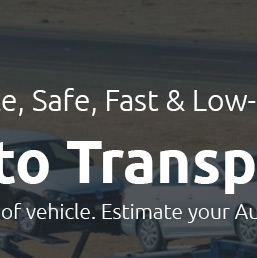 |
|
||||
 |
 |
 |
 |
||
 |
 |
|||||
 |
 |
 |
 |
 |
 |
 |
||
 |
 |
 |
 |
 |
 |
 |
 |
 |
 |
 |
|
 |
how much does it cost to ship your car and what to expectWhat shapes the final priceAsking how much it costs is fair, but the answer depends on a few moving parts. Carriers look at distance, route demand, the size and weight of your vehicle, and whether you choose open or enclosed transport. Timing matters too; seasonal swings during snowbird months can nudge rates up.
Typical ranges and ways to planFor context, short hops can land near a few hundred dollars, while cross-country moves commonly fall around $900–$1,600 on open carriers, with enclosed service running higher. Per-mile rates often taper as mileage climbs. To budget smartly, gather two or three quotes, verify carrier authority and reviews, and ask what’s included-taxes, door-to-door fees, and coverage limits. Flexibility on pickup windows can trim costs, but clarity on timelines will save stress. https://www.uship.com/vehicles/car-shipping-cost/
The average cost to ship a car using auto transport companies in the US is $2.92 per mile to ship a vehicle less than 200 miles, but it costs $0.78 per mile ... https://www.montway.com/ship-car-across-country
The average cost to ship a car across the country, as of 2024, is around $1.85/mile for short distances (1-500 miles) or $555 for 300 miles. https://www.quora.com/What-is-the-average-cost-of-shipping-a-vehicle-with-auto-transport-companies-in-Florida-and-what-factors-affect-the-pricing
There is no average cost that is available. You can't seriously think that all of the auto transport companies report how much each of ...
|
